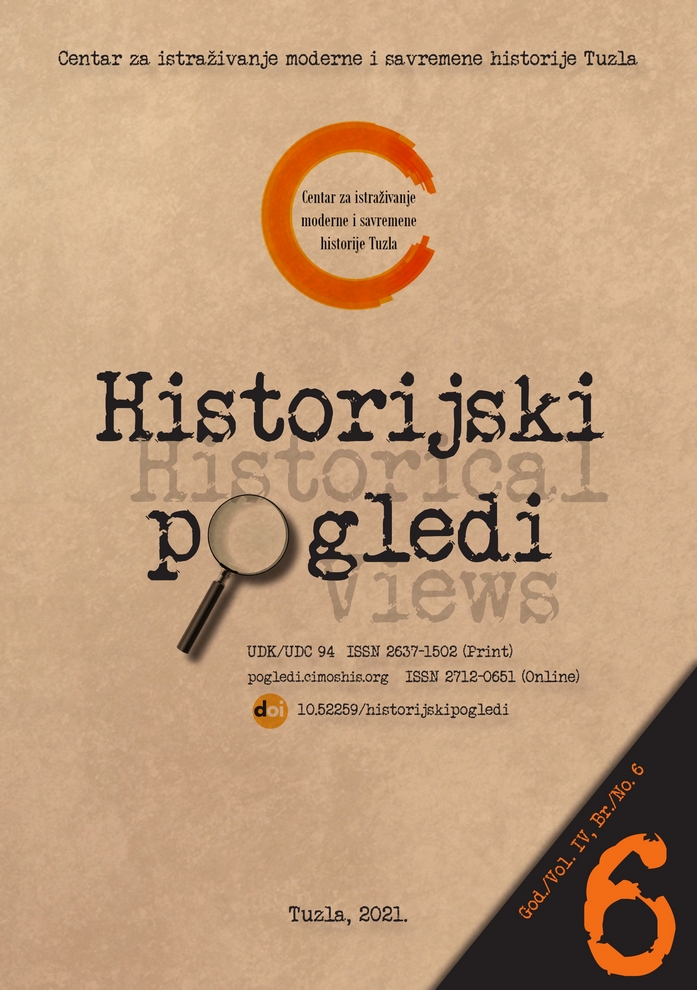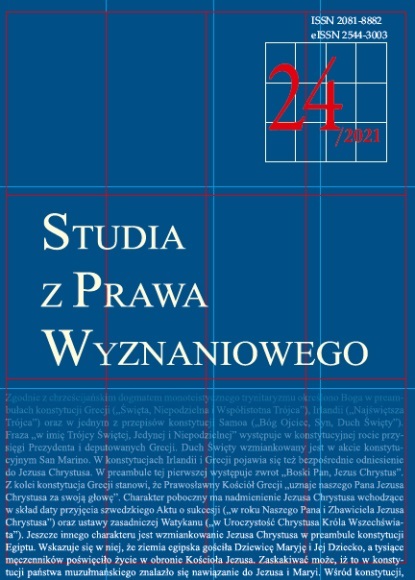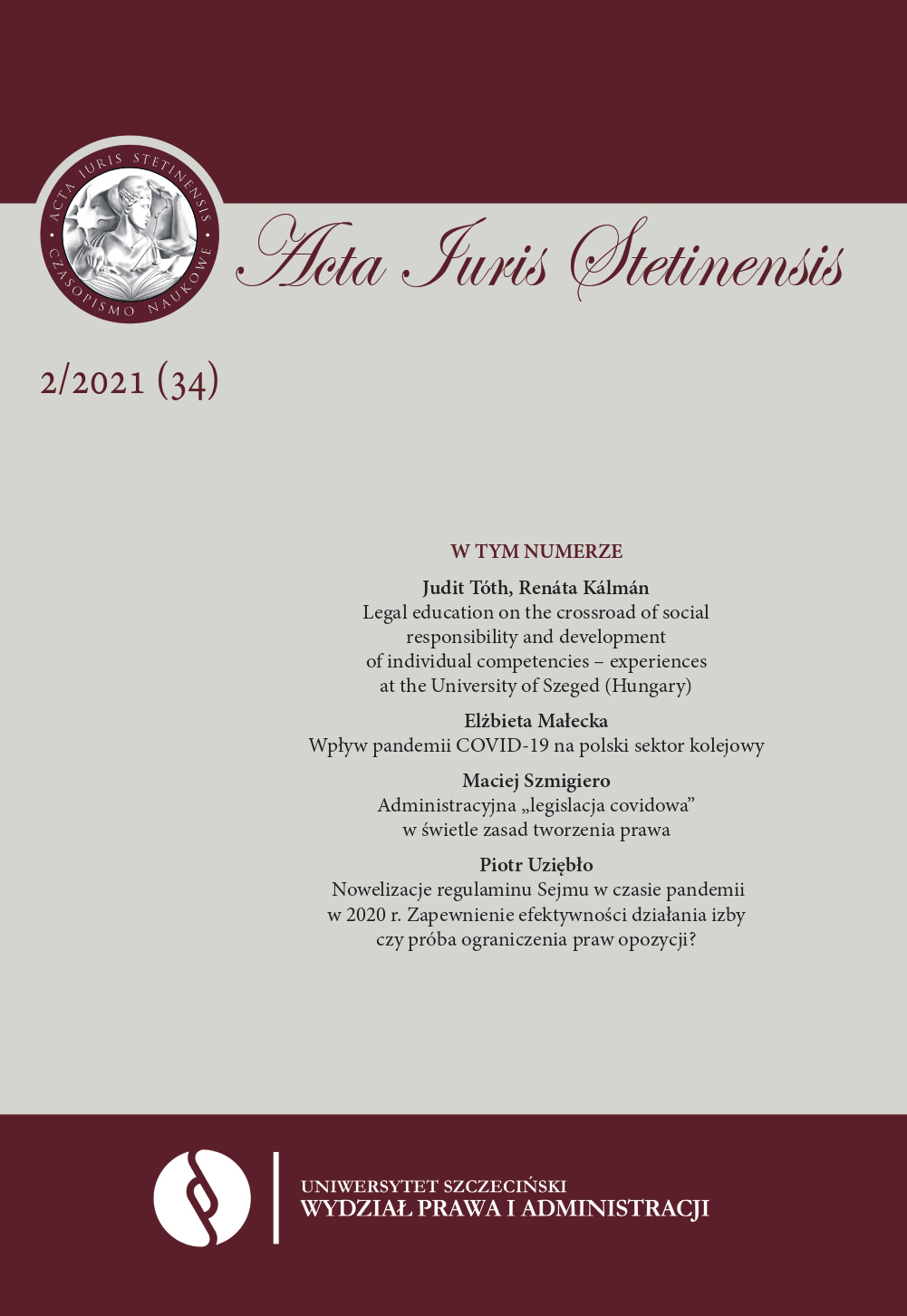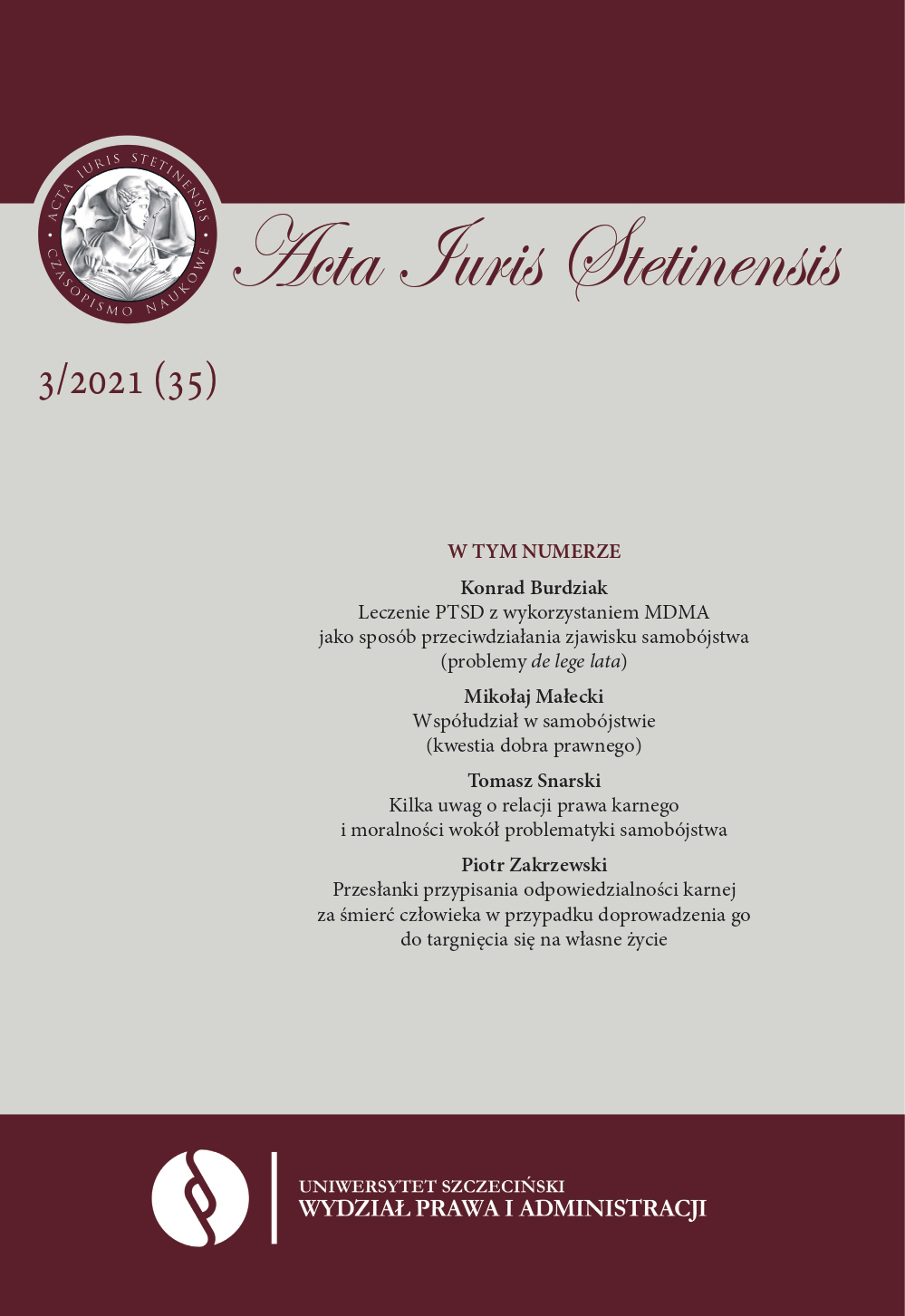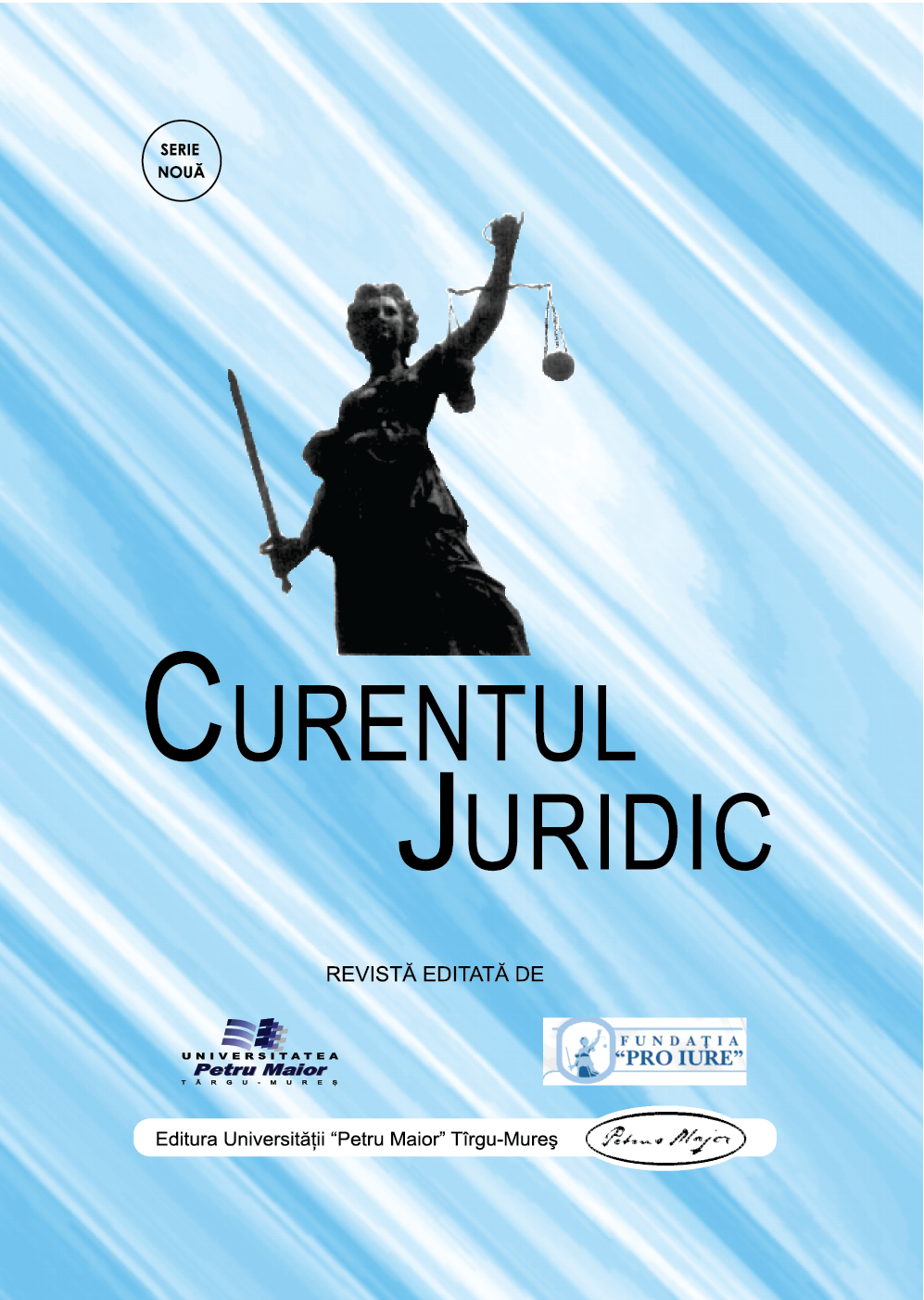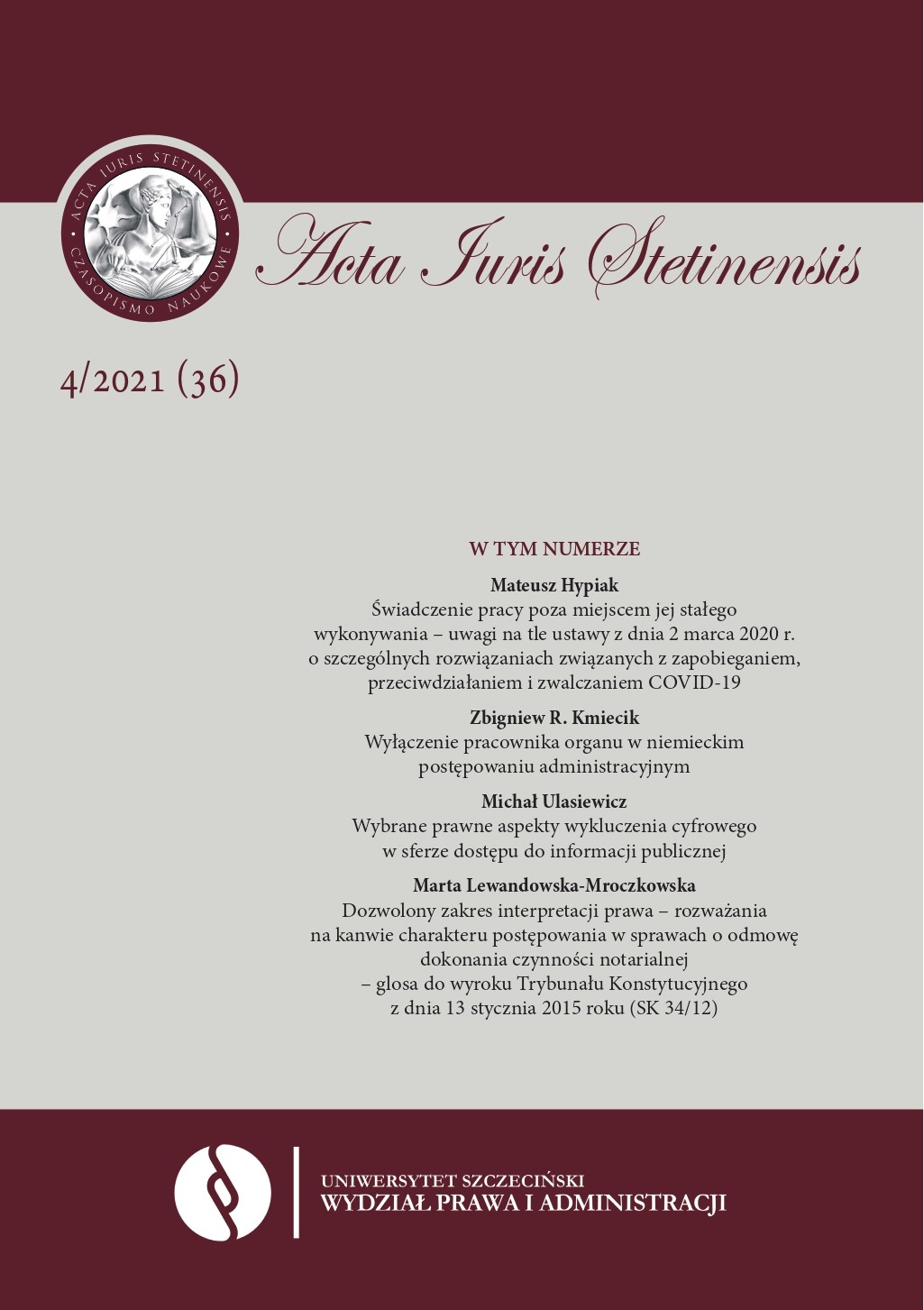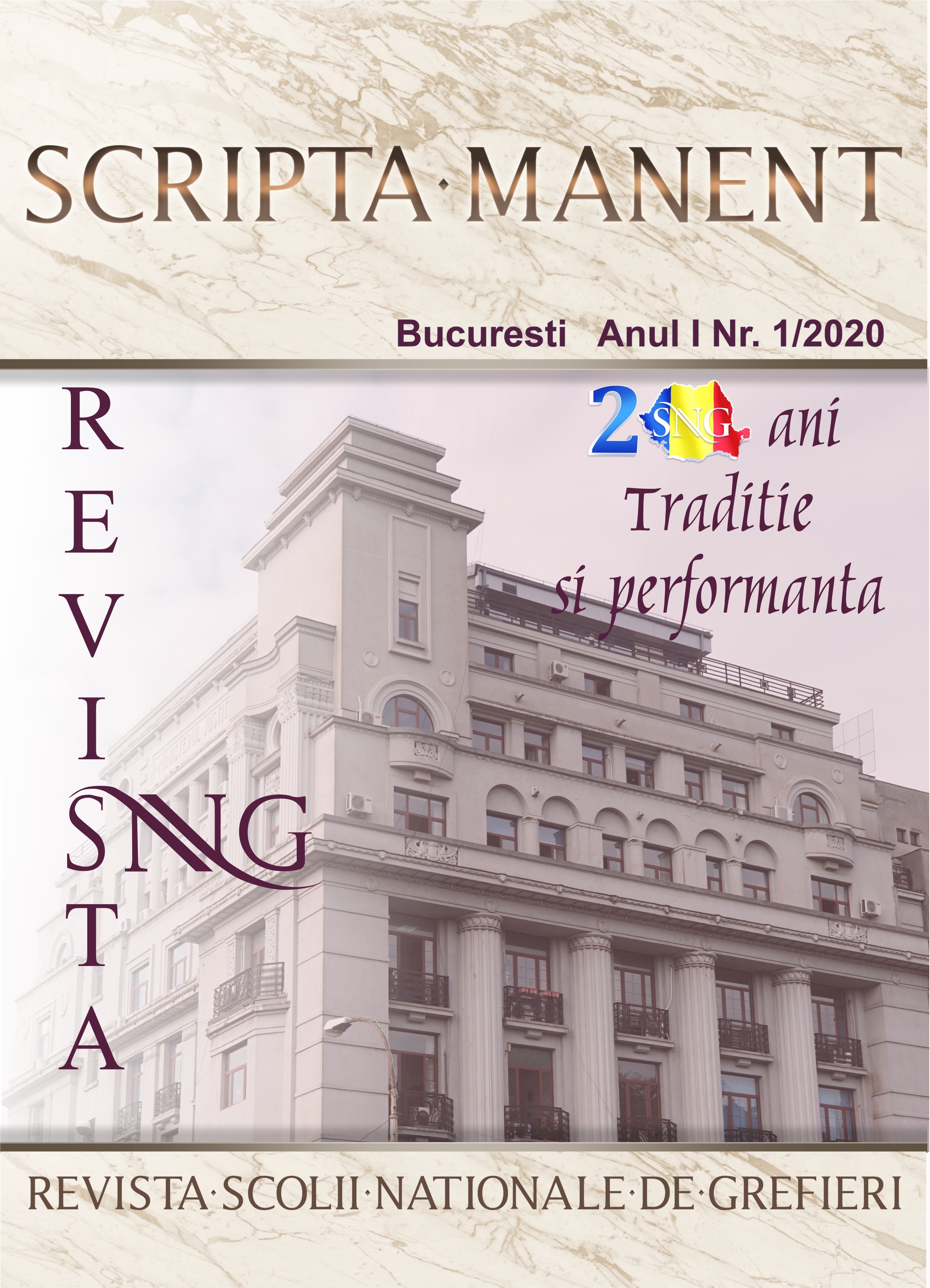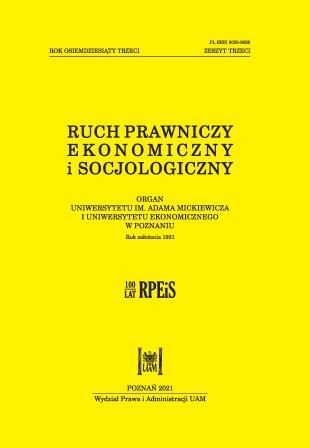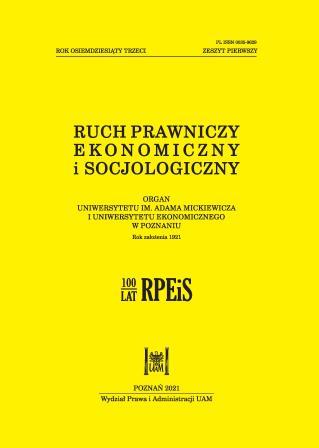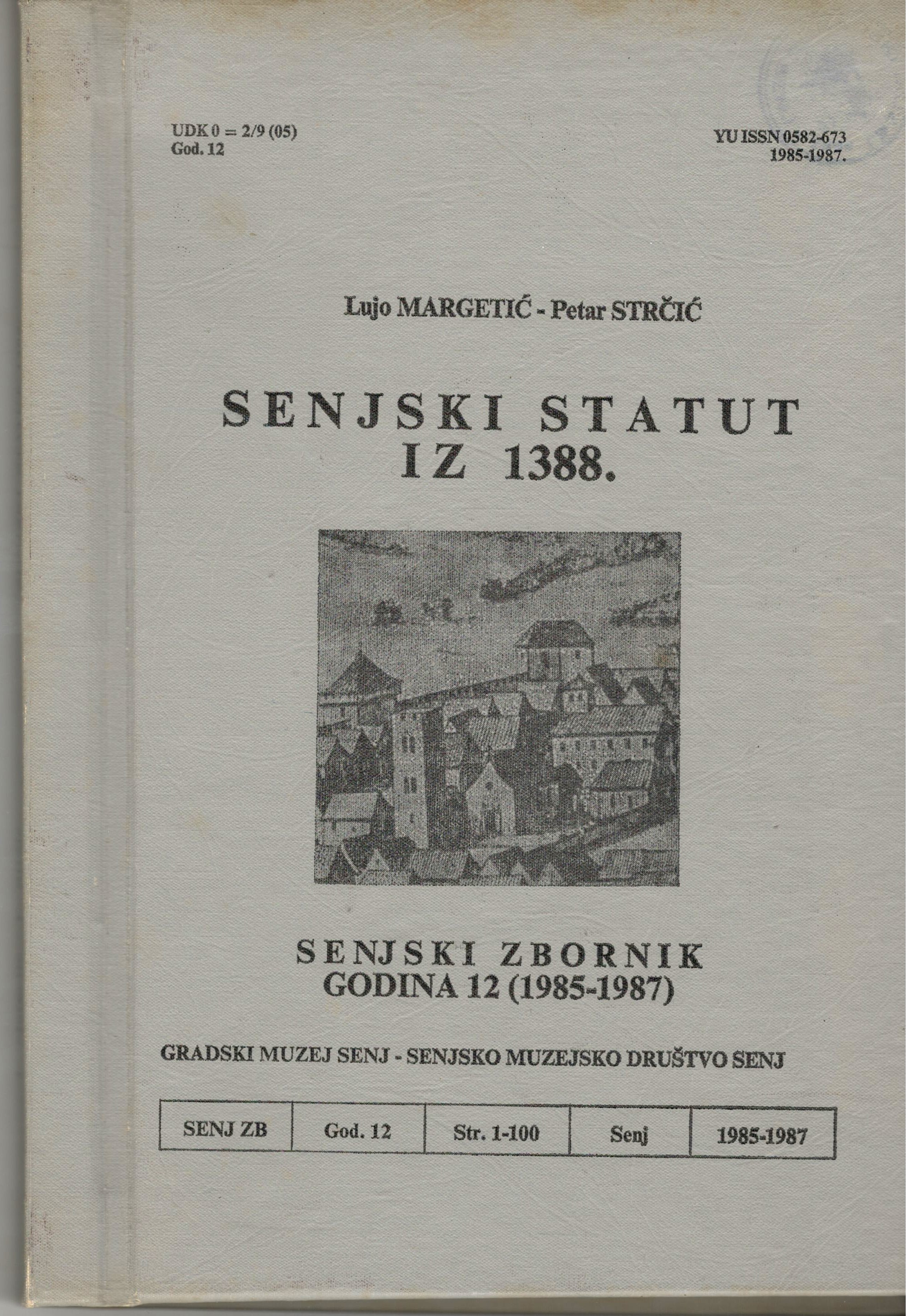
SENJSKI STATUT IZ 1388.
Nella prima parte (A. Senj u XIII. i XIV. stoljeću - Segna nei secoli XIII e XIV), l'autore della quale e P. Strčić, dapprima si analizza Segna durante il governo dei Templari, che avevano avuto la cittä del re Bela III nel 1180. Segna a quei tempi vantava un' organizzazione comunale abbastanza forte ed era anche sede vescovile: Nel 1239 Segna fu incendiata e saccheggiata, forse dagli stessi Templari e pare che nel 1242 venne occupata anche dai Tartari.Nel 1248 i Catalani aprono a Segna il loro consolato. Nello stesso anno Segna e Dubrovnik (Ragusa) concludono un accordo e papa Innocenzo IV concede l'uso della lingua slava nella chiesa.IIpunto centrale di questa parte e naturalmente l'incremento del potere dei conti di Veglia, soprattutto dopo il 1269, anno quando il re Bela IV riusci ad allontanare definiti-vamente i Templari dalla citta. E'interessante notare che giä qualche anno piü tardi si menzionano per la prima volta i francescani nella vita della cittä. Sotto i conti di Veglia, che nel 1271 diventano conti ereditari di Segna, la cittä consegui un forte sviluppo economico, e forse giä nel 1308 i conti di Veglia vi costruirono il castel-lo. L'attivitä dei Veneziani diventa sempre piü intensa, alcune famiglie veneziane si stabi-liscono a Segna e un po' piü tardi nella cittä c' e anche i! consolato veneziano. L'impor-tanza della cittä cresce, essa diventa uno dei porti piü importante del regno croato-ungarico ed il suo commercio si allarga fino a Dubrovnik, Ancona ecc.Dopo la morte del forte re Lodovico, avvenuta nel 1382, il conte Giovanni aiuta nella lotta la vedova e le figlie del re, e dopo la vittoria accompagna le regine oltre Segna a Zagabria (1387). Subito dopo questo avvenimento viene redatto lo Statuto.Nel 1392, Sigismondo, marito della figlia di Lodovico, conferma al conte Giovanni tutti i suoi diritti, tra 1'altro anche quelli concernente la cittä di Segna. La seconda parte (B. Senjski statut iz J388. — Lo Statuto di Segna del 1388) dell'autore L. Margetić, menziona dapprima le precedenti pubblicazioni dello Statuto e la letteratura piü importante. Contrariamente alia tesi finora accolta, l'autore dimostra che lo Statuto di Segna si articola in tre parti, la prima del 1388 che arriva fino all'art. 68, la seconda dall'art. 69 all'art. 130 fatta durante il governo del conte Giovanni tra il 1390 ed il 1393, e la terza dall'art. 131 alia fine, compilata verso la fine del 1402 e un po' piü avanti. Si prosegue con l'analisi del rapporto tra i conti di Veglia, c.d. Frankapani, e la cittä di Segna, mettendo in rilievo la circostanza che i conti di Veglia goderono fino alia fine del secolo XIII della posizione di podestä ereditari. Ma nel secolo XIV usurpano il titolo di perpetui domini cercando in tutti i modi di diventare i veri signori feudali di Segna. Ed infatti si imposero, cosi che a partire dal 1365 nei documenti cittadini li denominano domini naturales, titolo che giuridicamente aveva significato di pieno potere feudale.Si analizza poi il contenuto delle funzioni dei vari funzionari del conte (del vicecomes, potknežin, cioe visconte; dei due giudici-rettori e dai c. d. officiates, cioe organi inferiori) e della cittä (del giudice del comime; del cancellarius comunis; dei 2 naucleri, cioe capi delle contrade e degli organi inferiori quali il preco, famuli).Un' attenzione speciale e dedicata alia posizione sociale dei nobili i dei loro organi. A questo proposito si prende posizione verso le opinioni finora espresse (N. Klaić, Zjačić).Nell' analisi degli oneri degli abitanti verso i conti e verso il comune l'autore non con-divide le opinioni finora accettate e cerca di distinguere il sistema degli oneri della prima parte dello Statuto da quello della seconda. L'autore dimostra che l'art. 3 ha subito un'in-terpolazione con la quale il senso ne e stato profondamente cambiato e che il sistema della seconda parte dello Statuto, quella cioe compilata durante il governo del conte Giovanni, non e altro che il ritorno al sistema abbandonato nel 1388.Naturalmente la parte piü importante delle analisi abbraccia problemi strettamente giuridici: /) la procedura, molto simile a quelle delle altre cittä adriatiche, p. es. Venezia. E'degna di nota anche la nuoya interpretazione del termine navod; 2) il sistema penale; 3) i reati piü gravi, come l'omicidio, la violenza carnele, il furto; 4) i diritti reali e quelli del-l'obbligazione ecc.Si pubblicano:1) il testo dello Statuto in latino,2) la traduzione dello Statuto in lingua croata moderna,3) la traduzione dello Statuto in lingua croata fatta molto probabilmente giä nel corso del secolo XV. La trascrizione del 1701 non e stata eseguita per il semplice desiderio di salvarla dali' oblio, bensi per I'uso nella prassi. Pare che il vecchio esemplare sia stato danneggiato dal continuo uso e perciö sia stato necessario rinnovarlo.
More...
